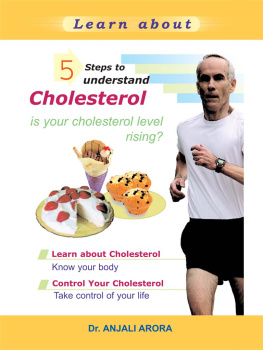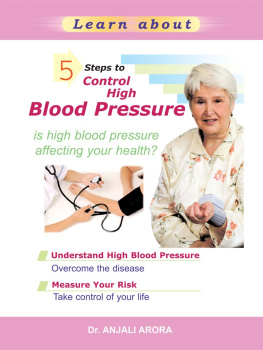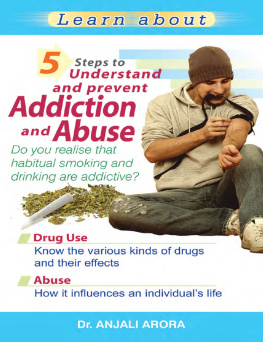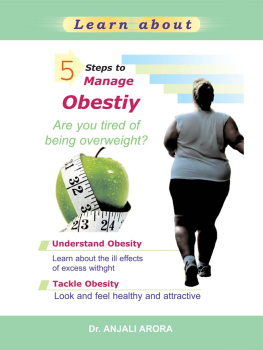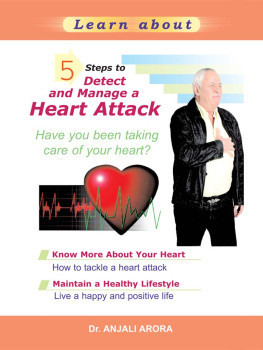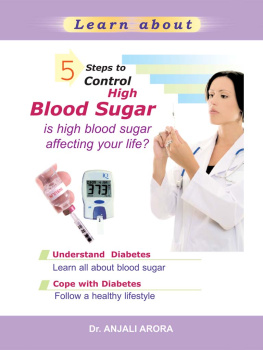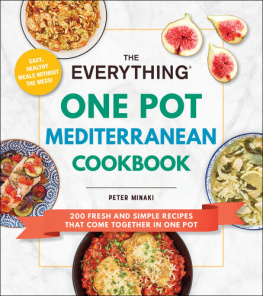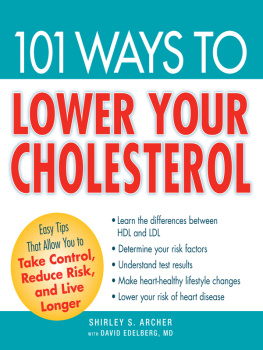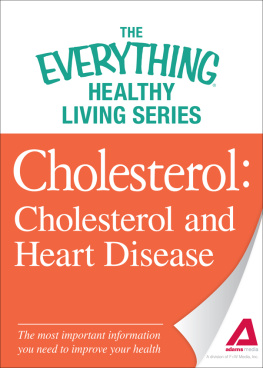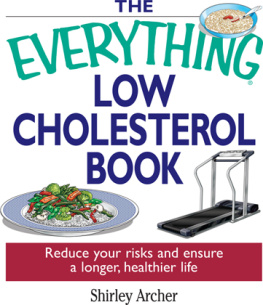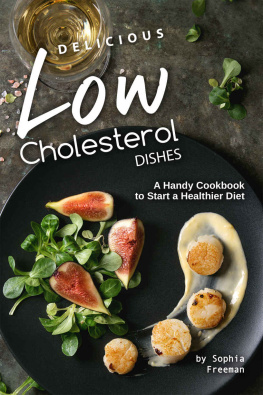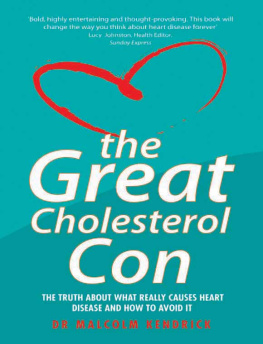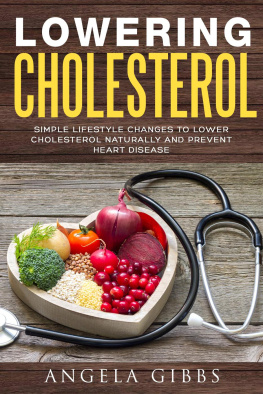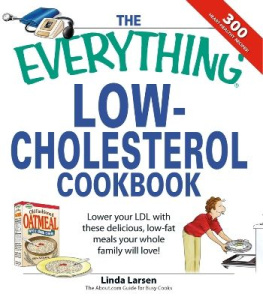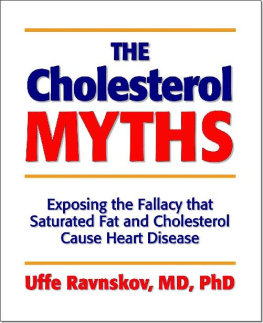Copyright
STERLING PAPERBACKS
An imprint of
Sterling Publishers (P) Ltd.
A-59, Okhla Industrial Area, Phase-II,
New Delhi-110020.
Tel: 26387070, 26386209; Fax: 91-11-26383788
E-mail: sterlingpublishers@airtelbroadband.in
ghai@nde.vsnl.net.in
www.sterlingpublishers.com
5 Steps to
Understand Cholesterol
2007, Dr. Anjali Arora
ISBN 978-81-207-3244-5
All rights are reserved.
No part of this publication may be reproduced, stored in a retrieval
system or transmitted, in any form or by any means, mechanical,
photocopying, recording or otherwise, without prior written
permission of the authors.
The author and publisher specifically disclaim any liability,
loss or risk, whatsoever, personal or otherwise, which is
incurred as a consequence, directly or indirectly of
the use and application of any of the contents of this book.
The author wishes to thank all academicians, scientists and writers
who have been a source of inspiration.
Title

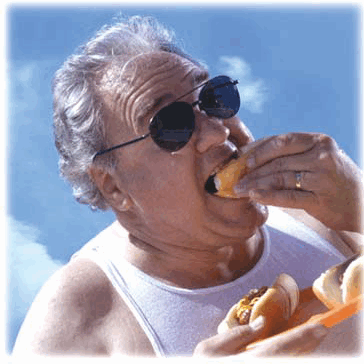
C holesterol is a white, waxy, chemical substance. It is very important for the functioning of every cell of your body. Cholesterol also helps manufacture vitamin D, hormones like cortisol and your sex hormones.
When cholesterol in your body, goes up beyond desirable levels, it can put you at the risk of having a stroke, developing heart disease or other cardiovascular diseases.
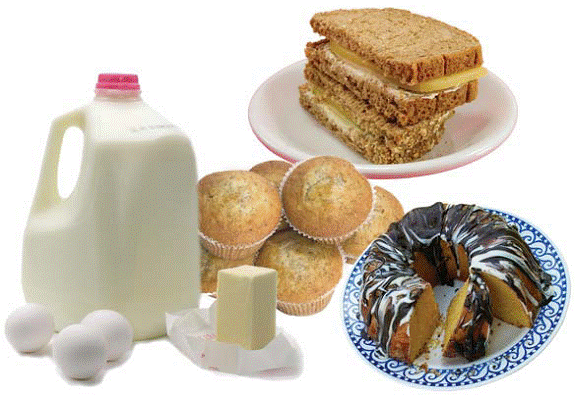
01. Test Yourself For Cholesterol
Yes | No | Diet |
| You often eat fried foods or foods high in cholesterol, such as cheese, butter or eggs. |
| You eat your food with gravy or sauces regularly. |
| You eat rich meat preparations. |
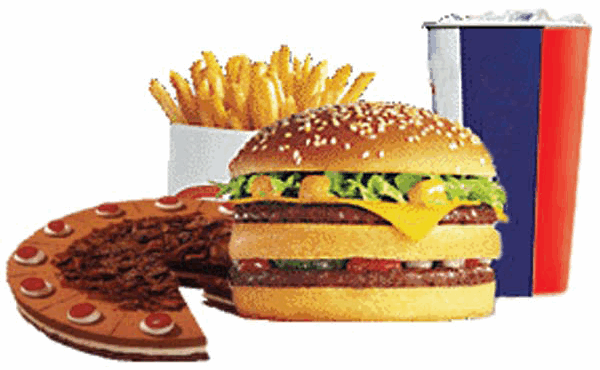
Yes | No | Addictions |
| You are a smoker. |
| You are unable to quit smoking. |
| You chew tobacco. |

Yes | No | Lifestyle |
| You are overweight and eat plenty of salty foods. |
| Your blood pressure is higher than 120/ 80 mmHg. |
| You exercise less than thrice a week. |
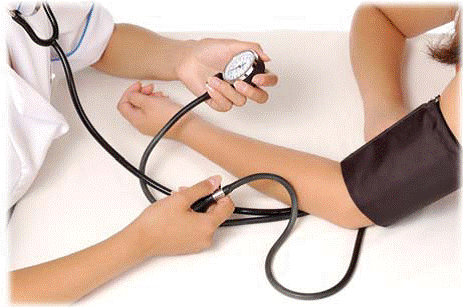
Yes | No | Family History |
| You have diabetesor a family history ofdiabetes. |
| Your parent/siblinghas had a heartattack or stroke orhas developeddiabetes by the ageof 50. |
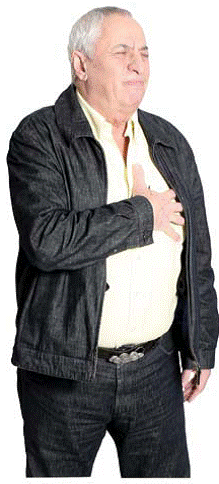
Yes | No | Other Risk Factors |
| You are a woman on birth control pills nearing menopause. |
| You drink more than two cups of coffee a day. |
| You consume a large amount of alcohol every day. |

The more times you answer yes to the above statements, the greater is your risk of having high cholesterol, coronary heart disease or a stroke.
02. Understand Cholesterol
Cholesterol is manufactured in the body and is also ingested through food like butter, egg yolk and meats. The liver makes most of the bodys cholesterol, which helps carry fat to parts of the body that need fat for energy, or storage, such as the hip or belly.
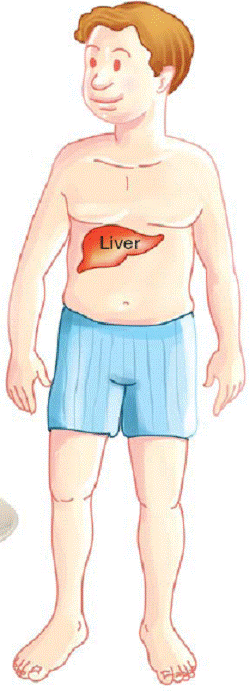
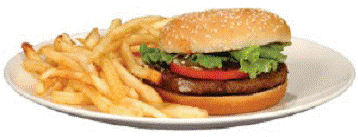
Types of Cholesterol
The liver places cholesterol into packages called lipoproteins made from lipids (fat and cholesterol) and protein. These are of different types.
- LDL-C: Low-density lipoprotein or bad cholesterol
- HDL-C: High-density lipoprotein or good cholesterol
- VLDL-C: Very low-density lipoprotein cholesterol
- Triglycerides: A type of ingested fat
- Lp(a): The worst kind of cholesterol
LDL Cholesterol
It transports cholesterol from the liver to all the cells in the body. If the cholesterol available is more than required, then LDL will end up circulating in the bloodstream and eventually get deposited on the inner walls of the artery. It is called the bad cholesterol because it can cause blockage and result in lack of blood supply.
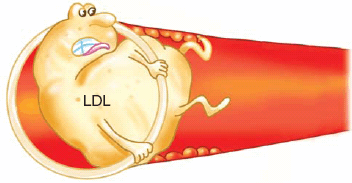
HDL Cholesterol
HDL cholesterol is also known as the good cholesterol, as it travels in the bloodstream from the peripheral areas of the body, bringing cholesterol to the liver for break down.
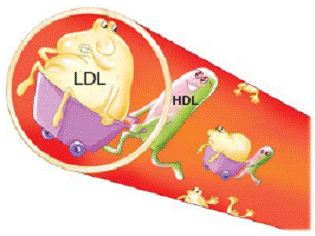
VLDL Cholesterol
Large fat particles called chylomicrons and fatty acids form VLDL. It is used for energy and fat deposition.
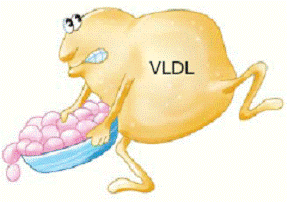
Triglycerides
They are a type of fat also produced by the liver. In human nutrition, more than 95% of the ingested fat is in the form of triglycerides.
Lipoprotein (a)
Over the past few years researchers have identified another form of fat called lipoprotein(a) or Lp(a). It is known to be associated with atherosclerosis and coronary artery disease.
Lp(a) has more to do with genes than diet. Its screening is important to find out an individuals genetic probability of getting heart disease and to help reduce other risk factors which may lead to heart disease.
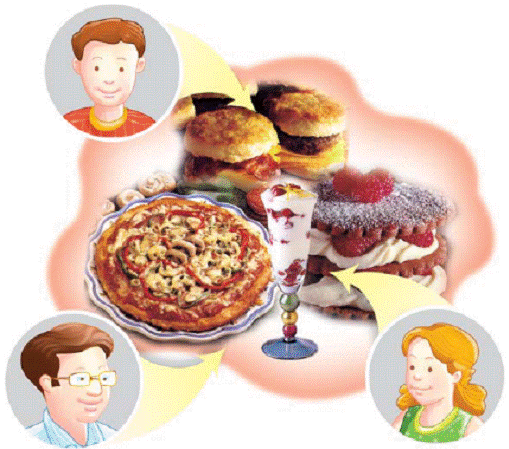
A high fat diet has been associated with increased incidence of atherosclerosis and coronary artery disease (CAD), obesity and certain cancers.
03. What Does Cholesterol Doo?
Cholesterol helps carry digested fat from the liverto the whole body. The blood vessels act as a highway. After fulfilling this function, cholesterol returns to the liver and repeats the process all over again.

